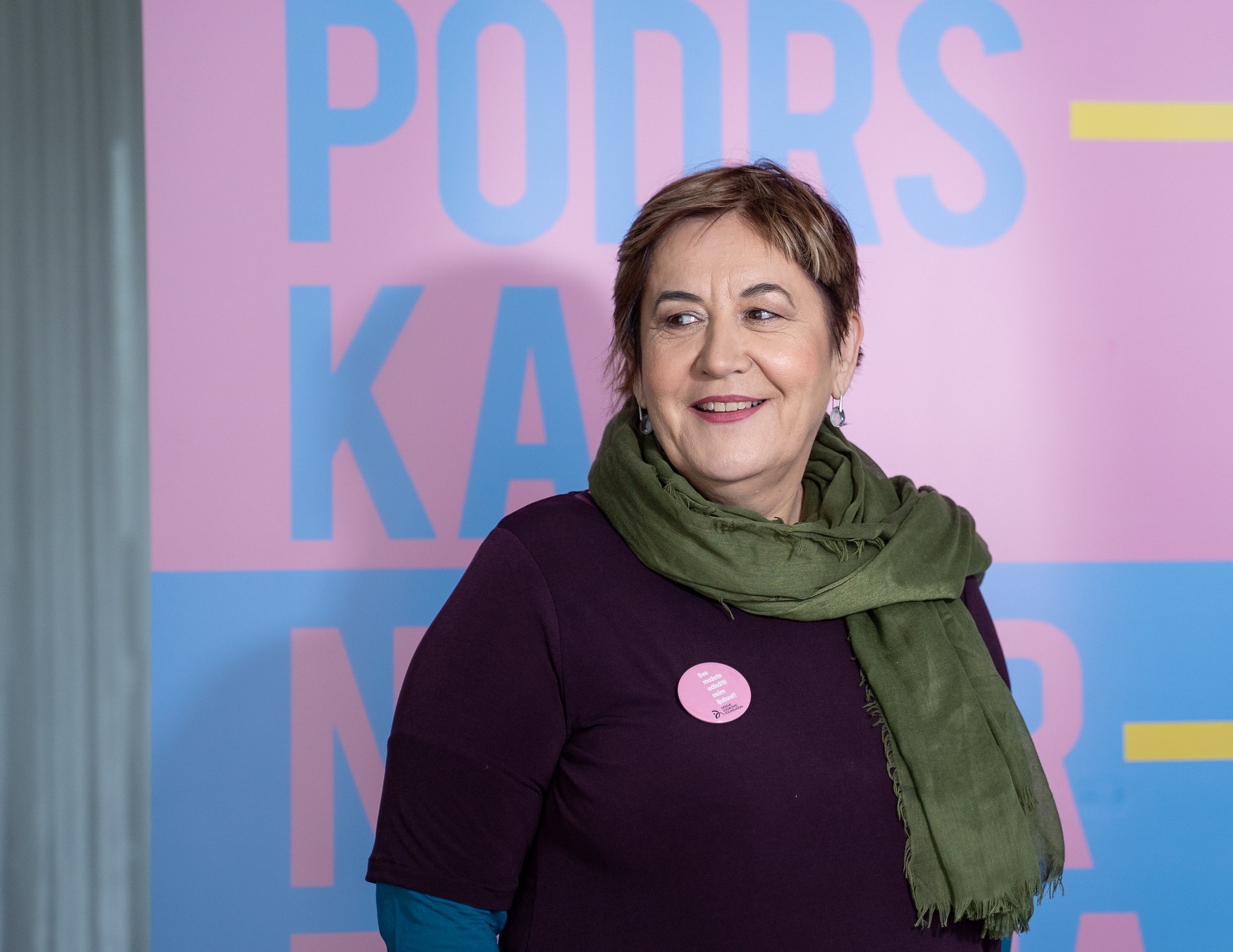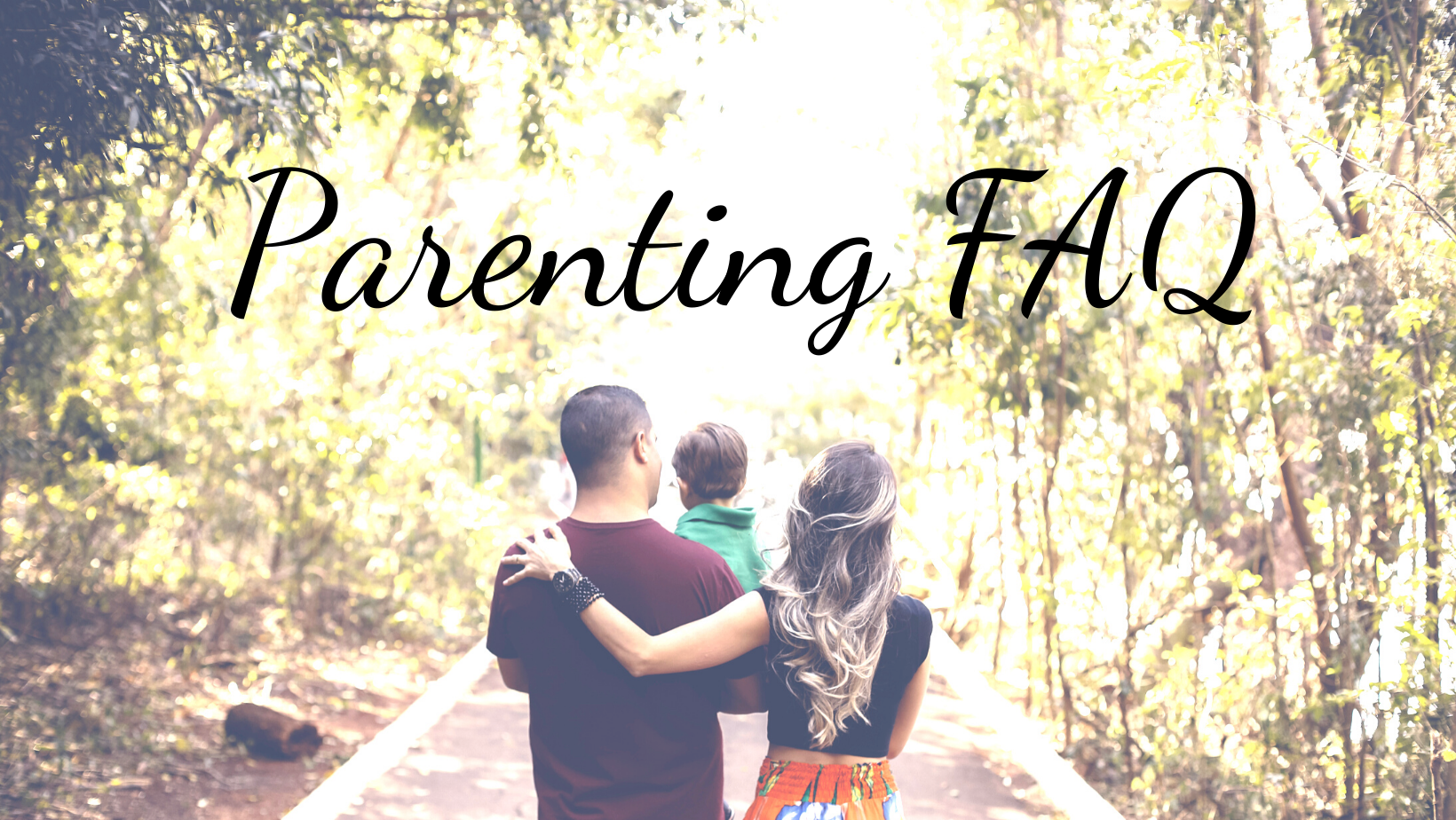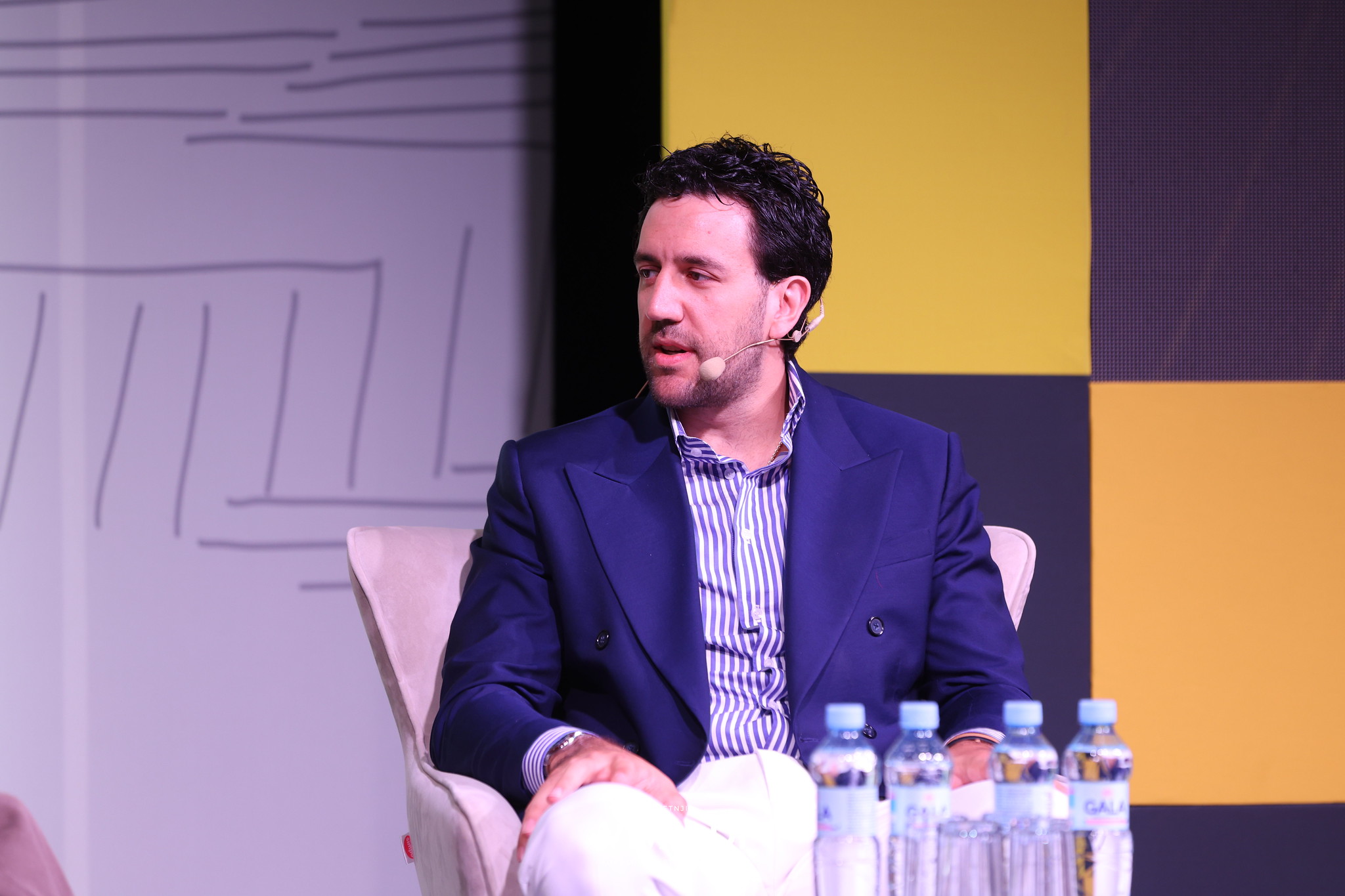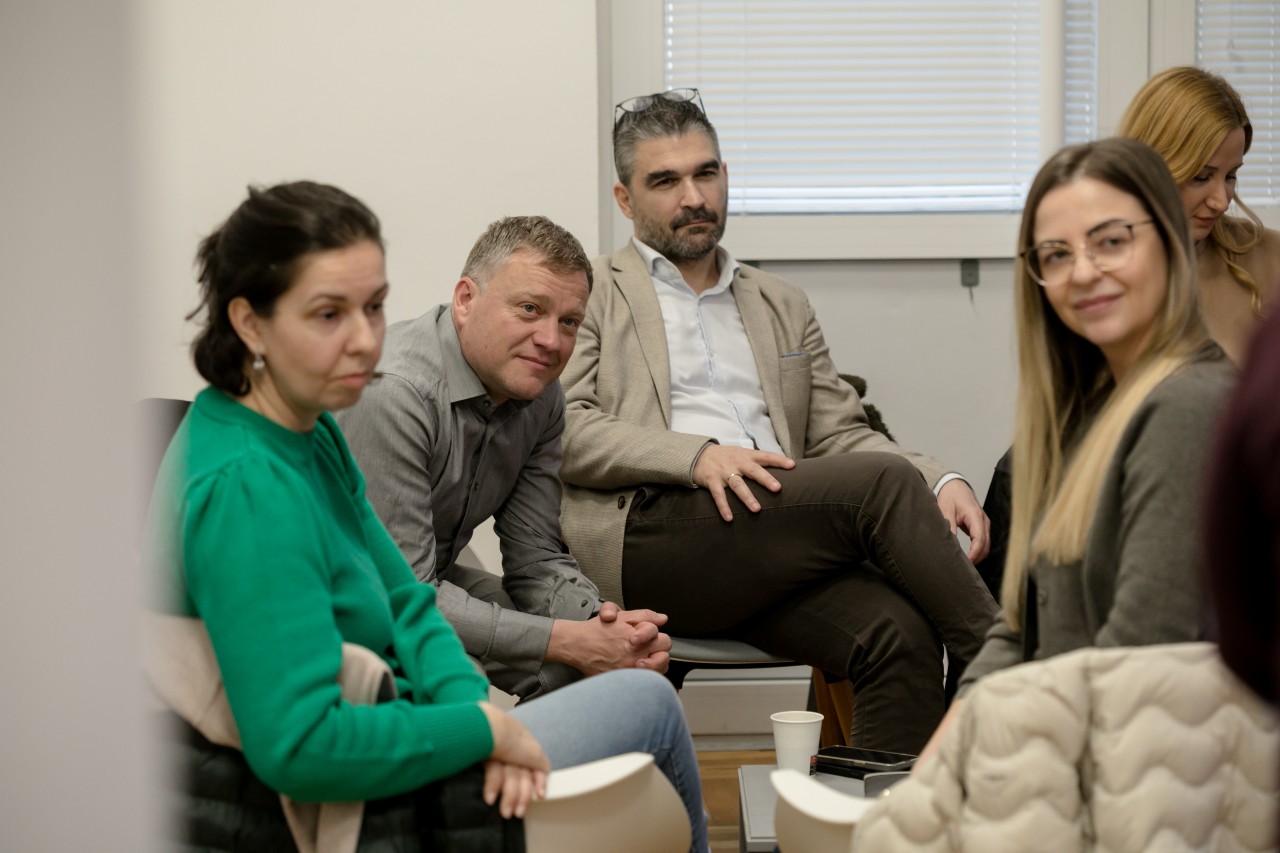With the desire to provide support to parents and caregivers in this challenging period, our psychologist and psychotherapist Smiljana Grujic will respond to some common parenting dilemmas. We hope that our new section “Parenting FAQ“ is useful and interesting! If you want to ask Smiljana Grujic a question, feel free to write to us in the comment section below, and we will include an answer to your question in the next blog.
1. “Do you have advice for a child who has spent 99% of his time with mom and dad for 5 years and going to kindergarten is very traumatic for him because separation from his parents is very difficult for him. On the other hand, teachers ask for the child to be left, without the period of adaptation with the parents.“ – A worried mom
Children react differently to this situation. I have the impression that you are not content that the teacher does not allow you to be with your child in kindergarten until the child adjusts. I don’t know the practice of that kindergarten, but that’s just how it goes. It is important not to give up because the process of adaptation in the next attempt is usually harder. You should bring your child to kindergarten regularly.
With daily arrival, children learn the course of actions and their departure becomes a routine, and then that predictability gives them security.
Talk to them with compassionate support. For example: “It’s hard for you to stay, you’re afraid we won’t pick you up.” Listen to what your child is saying to you and show understanding for his sadness, fear, confusion. Don’t let their grief overwhelms you. I know it is not easy, but you can do it. Remind yourself why it is important for the child to go to kindergarten. Bring an object to which the child is emotionally attached, e.g. favorite toy. It is good to agree before departure which toy the child wants to bring. Adaptation is more difficult when the child is not prepared for what awaits him. It is more difficult when parents themselves are afraid that the child will not adapt easily. Children absorb this discomfort like sponges. Parents who do not greet the child, because it is difficult for them to leave the child, and then they stay at the entrance to the kindergarten for a long time, interfere with the adaptation. Adaptation should be gradual, so the child should not be in kindergarten for full time immediately.

With the desire to provide support to parents and caregivers in this challenging period, our psychologist and psychotherapist Smiljana Grujic will respond to some common parenting dilemmas.
2. “Our big daughter is 4 years old. She began to speak and walk at the age of 11 months, so we very quickly began to perceive her as older than she is. A year ago, twins were born and that is where all our problems begin. She began to show anger and dissatisfaction with every little thing. I understand that these are all elements for distraction and that is why we try very hard to dedicate time to her as before, but as it seems as if she looks at everything differently.” – Mom Jelena
Children need control in their own lives, so they satisfy the need for security. The way they meet that need can be difficult for parents, as in your case. It is difficult for your little girl to share the love and she wants all parental attention to be focused on her, to be the best in everything, and to do everything in her own way. When the arrival of twins is added to her life, with whom she should share mom and dad, toys, attention, love, and because of whom she often cannot do what she wants, your child is dissatisfied based on what you write.
In my opinion, your challenges started when you forgot that your child is just a child.
I appreciate the openness, so I will write this, you had too high expectations from your daughter, that she will easily overcome this new situation emotionally. Because, for God’s sake, it’s an indicator of intelligence. As you can see for yourself, the difficulties that have arisen have nothing to do with intelligence, because when emotions interfere, the cognitive potential is left aside.
For parents, this is a very frustrating period, and your little girl needs you to understand that it is not very easy for her when the twins appeared and that sometimes it seems to her that everything revolves around them and their needs, that no one notices her, and that she is fed up with the whole situation and that she will show by her behavior who was the first of the children to enter the life of the parents. This can only be the child’s perspective and no one claims that it is correct. And I believe that you have many arguments that the stated statements are incorrect. And I would believe you in all of them. But the main heroine of this story is your four-year-old girl. In this case, what she feels and experiences is the most important thing for things to get better.
She seeks understanding and is ready to do anything even regress to the previous stages of development because probably everyone convinces her that she should not worry about anything and that she is still the dearest, best of all – it is good that babies cannot interfere and to say something about it, they are too small.
Here’s what you can try to use in such a situation:
- The first most important and also the most difficult thing is to stay calm and help the child to calm down;
- Avoid labels, criticism and comparisons – this is directly related to the child’s self-confidence, and the consequences are the manifestation of the child’s unacceptable behavior;
- Notice and say out loud that you appreciate when a girl does something different from the behavior that you do not support;
- Set aside 10 minutes each day for positive attention – when children get it, they quickly begin to understand that they should not fight for it;
- When a girl does something that is a way to solve a challenge, surprise her with a reward;
- Be a role model – show the child how to correct a certain behavior;
- Try to “hear” what she needs in certain situations and verbalize it: “It seems to me that you are angry and would like me to be able to spend time only with you now? Am I right?”
3. “The biggest problem that comes with working with children is that children make certain decisions very quickly. The question is how to change such a quick decision?”- dad Boris
It’s not just children who give quick answers. Adults don’t differ much in that, too. What parents would like their children to learn to think and to reduce impulsivity to a minimum because it is known that these traits did not prove to be the best in life. It is also certainly important for parents to teach their children to be patient. The fact that children respond quickly is also connected with the development of the child’s brain.
A child’s brain is like a garden that we have just started to tidy up.
In children, the “lower” brain is more active, which makes reactions faster. The “higher” brain, which needs time to develop, is in charge of making thoughtful answers and good decisions.
How it will develop depends, among other things, on our treatment of children: do we know how to set boundaries, do we know how to manage our own unpleasant emotions, how do we react in situations when a child exhibits unacceptable behavior”¦ The parental role is decisive, because the development of the higher parts of the brain in charge of thinking, making decisions, regulating emotions also depends on our reactions. That is why parents first should be at peace with themselves, to encourage the child’s development, positively discipline them and at one moment everything will fall into place.
About the author: Smiljana Grujic is a psychologist and psychotherapist dedicated to education and a program manager for the Novak Djokovic Foundation. The focus of her work is compassionate communication and emotional management. Smiljana is one of the authors and the coordinator of the “Support, not perfection” program that supports parents who have children 0-6 years old


















